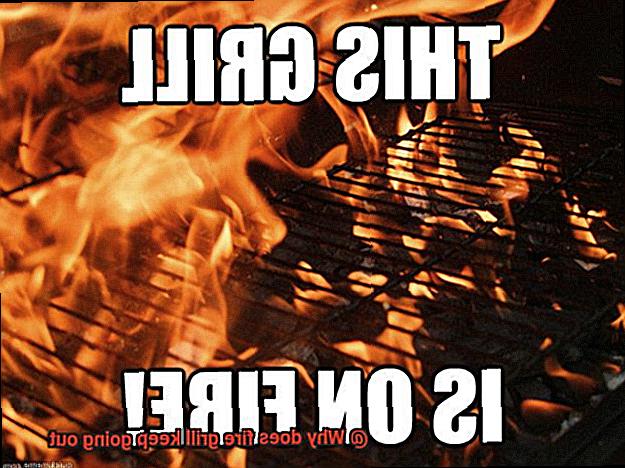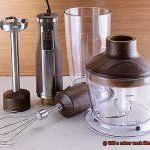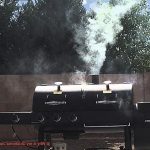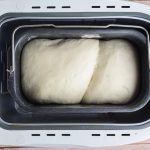Grilling is a time-honored tradition that brings people together for outdoor fun and mouth-watering meals. But let’s be real – nothing kills the vibe faster than a fire grill that won’t stay lit. It’s like watching your dreams of perfectly seared steaks go up in smoke, leaving you with a charred mess and some hangry guests. If you’ve ever found yourself in this frustrating situation, fear not – we’re here to help.
So, why does your fire grill keep going out? Is it the wind playing havoc with your flames? Or maybe you’ve chosen the wrong fuel for the job? Whatever the cause, we’ve got you covered. In this blog post, we’ll dive into the most common reasons why fire grills lose their spark and provide practical solutions to keep your grill blazing.
From adjusting your ventilation and mastering the art of using a chimney starter to avoiding grease buildup and choosing the right fuel, we’ll give you all the tips and tricks you need to become a grilling pro. So if you’re tired of battling with your fire grill and want to enjoy perfectly cooked meats every time, grab a cold drink and read on.
Contents
Why Does a Fire Grill Keep Going Out?
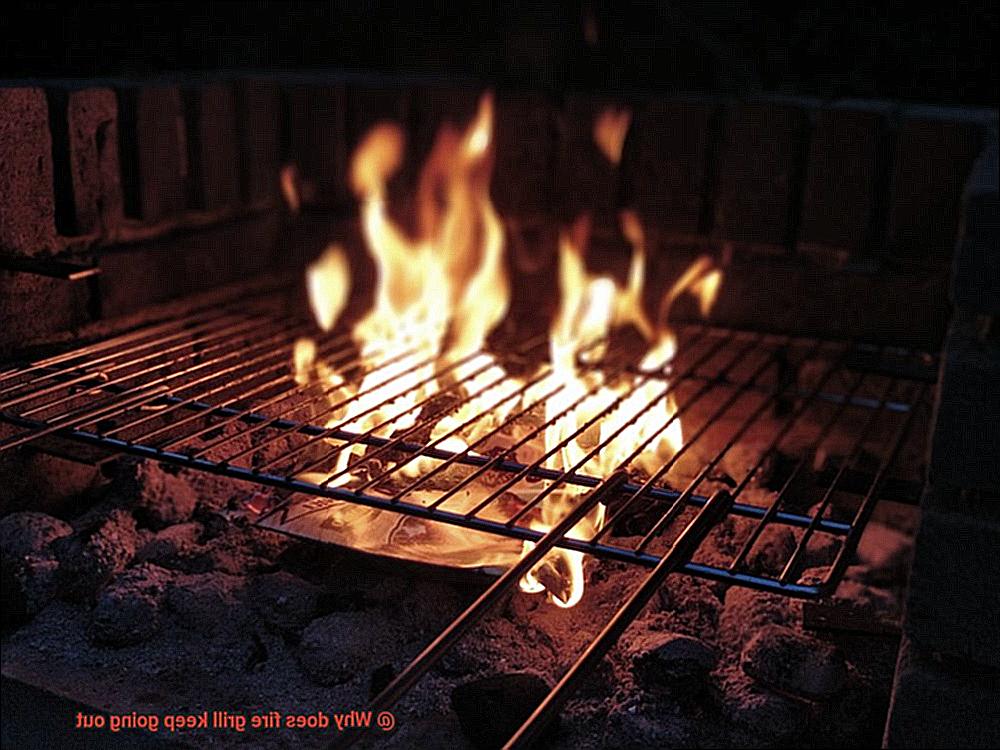
It’s like trying to ride a bike with a flat tire – it just won’t work. But fear not. By understanding the common causes of a grill fire going out, you can take steps to prevent it from happening and enjoy a successful grilling experience.
Firstly, lack of oxygen is a common culprit. Fire needs oxygen to burn, and if there isn’t enough airflow in your grill, the flames will die down. This can happen if the vents or burners are clogged with debris, or if the grill lid is closed too tightly. So, make sure to regularly clean your grill’s ventilation system and ensure proper ventilation.
Another potential culprit is the fuel source. If you’re using charcoal or wood, it’s important to make sure that they’re dry and properly lit before adding them to the grill. Wet or damp fuel will not burn well and will quickly smolder out. Additionally, if you’re using gas, make sure that the tank isn’t empty or low on fuel.
Wind can also play a role in extinguishing a grill fire. If the wind is strong enough, it can blow out the flames or disrupt the airflow in the grill. To prevent this, try to position your grill in a sheltered area or use a windbreak.
Finally, it’s important to consider the type of food you’re grilling. Fatty or greasy meats can cause flare-ups that can quickly burn out if not managed properly. To avoid this, trim excess fat from your meat and keep an eye on it while cooking.
Lack of Oxygen
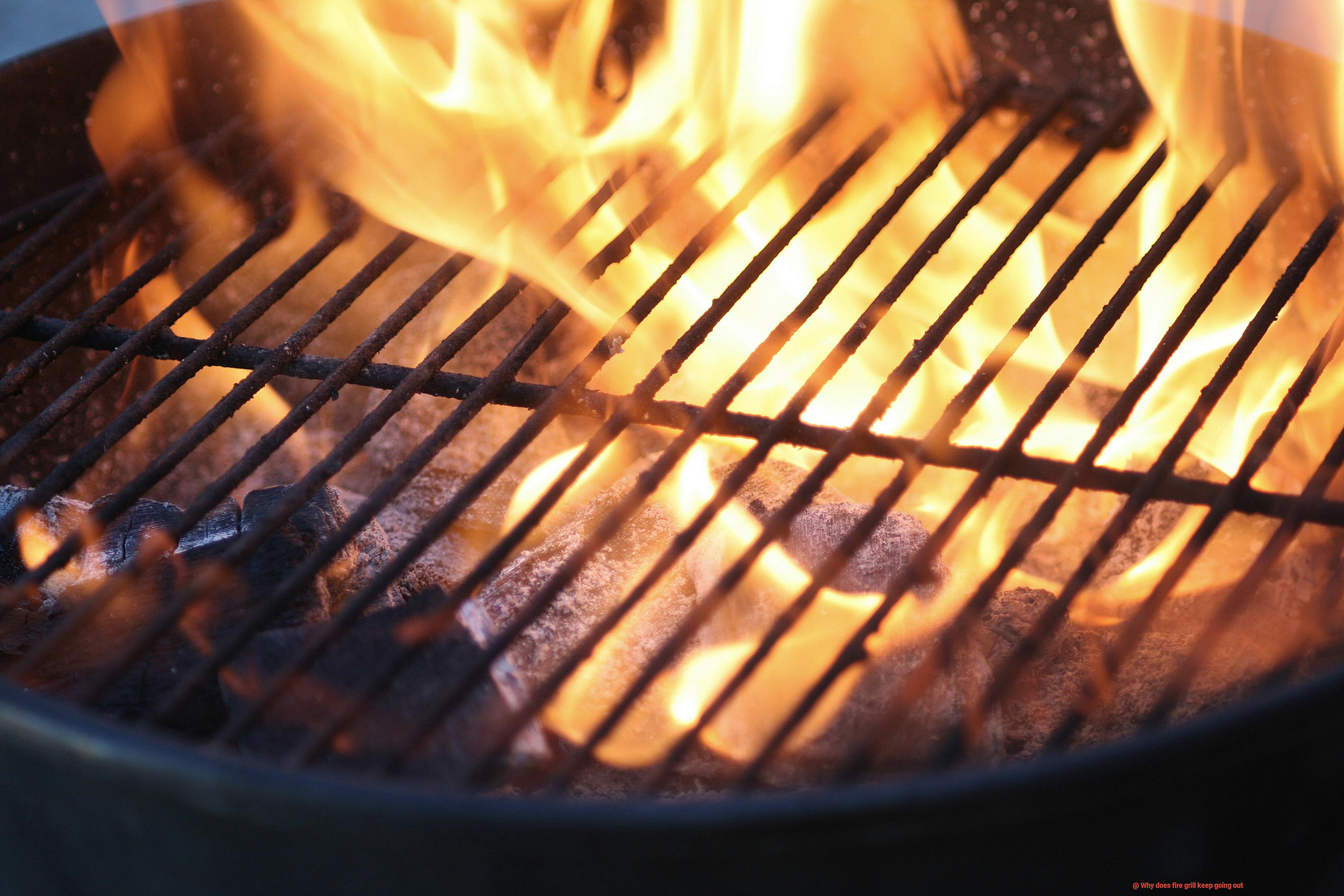
Attention all grill masters. Are you tired of constantly relighting your grill fire? Look no further than the culprit of a lack of oxygen. As an expert on this topic, let me explain why this occurs and how to prevent it.
First things first, combustion, which is the process that creates heat and fire, requires oxygen. Therefore, when there is not enough oxygen available, the fire will inevitably die down. This can be caused by a multitude of factors, such as closed vents or dampers, dirty or clogged burners, or simply not enough airflow.
Let’s dive into some common grilling mistakes that contribute to a lack of oxygen. Have you ever closed the lid on the grill too soon after starting the fire? Many believe that doing so will trap in heat and create a stronger fire, but alas, it has the opposite effect. Closing the lid too soon can cause the fire to suffocate and go out due to a lack of oxygen.
Another factor that hinders oxygen flow is the buildup of ash and debris in the grill. This can obstruct vents and prevent proper airflow, leading to an inconsistent or non-existent fire. Regular cleaning and maintenance of your grill are critical to ensuring air can flow freely and keep your fire burning strong.
If you use propane to fuel your grill, be sure to check the regulator and propane tank periodically. A malfunctioning regulator or tank can restrict gas flow and prevent proper combustion, causing your fire to go out or burn inconsistently.
Type of Fuel Used
Calling all grill masters. Few things compare to the mouth-watering aroma of perfectly grilled food. However, have you ever found yourself frustrated when your fire grill keeps going out? Well, don’t fret because the type and quality of fuel you use can make all the difference.
Let’s first talk about charcoal, the original grilling fuel. It’s favored by many for the unique smoky flavor it adds to food. However, lighting and maintaining a consistent temperature can be tricky. Poor distribution or incorrect temperature can cause the fire to go out before your meal is cooked to perfection.
On the other hand, propane and natural gas are convenient options that are easy to light and control. But, if there is a gas leak or if you run out of fuel mid-grill, your cookout could be ruined. Therefore, it’s important to check for leaks regularly and ensure you have enough fuel to last through your session.
In addition to type, the quality of fuel used is critical. Using low-quality charcoal or propane can lead to inconsistent temperatures and ultimately cause the grill to go out. Investing in high-quality fuel will optimize your grilling performance and result in deliciously cooked meals every time.
Weather Conditions
Calling all grill masters. Are you ready to conquer any weather condition that comes your way? While grilling is a year-round sport, the weather can sometimes throw a wrench into our plans. Wind, rain, and extreme temperatures can all impact the performance of your grill. Don’t fret – with a few tips and tricks up your sleeve, you’ll be able to overcome any challenge and enjoy perfectly grilled food.
Let’s start with wind – this stealthy weather condition can cause your fire to go out or burn unevenly. Wind disrupts the flow of oxygen to the fire, which is essential for it to keep burning. To combat this, try placing your grill in a sheltered location such as near a wall or fence. A grill cover can also protect your grill from gusts of wind that can extinguish the flames. By making these simple modifications, you’ll be able to maintain a consistent temperature and avoid any mid-grill disasters.
Next up, rainy weather. Rainwater can make its way into your grill and extinguish the fire. To prevent this from happening, invest in a grill cover that will protect your grill from the rain. Wet charcoal or wood chips can also be challenging to ignite and keep burning, leading to a weak fire that won’t cook your food properly. If you find yourself in this predicament, try using more fuel than usual or investing in an electric starter to get your fire going.
Extreme temperatures, such as extreme heat or cold, can also impact your grill’s performance. In hot weather, maintaining a consistent temperature can be challenging due to excessive heat. Combat this by using more fuel than usual to ensure that your fire stays strong. In cold weather, it may take longer for your grill to warm up and you may need to adjust your cooking time accordingly.
Regular Maintenance and Cleaning
As a true grill master, you know that there’s nothing like the taste and aroma of a perfectly grilled meal. But did you know that regular maintenance and cleaning of your fire grill is crucial to keep it functioning properly and prevent unexpected outages? Grease and debris buildup is one of the most common reasons your grill may go out unexpectedly. These blockages can clog the burners, depriving them of the necessary oxygen to ignite.
To avoid this issue, it’s essential to clean your grill thoroughly after each use or at least once a week if you’re a frequent griller. Start by removing the grates and scrubbing them with a wire brush to remove any leftover food residue. Then, use a scraper or spatula to scrape off any excess grease or debris from the inside of the grill.
Next up, it’s time to tackle those burners. Remove them and clean them with warm, soapy water, making sure to remove any buildup that may be blocking the gas flow. Don’t forget to use a toothbrush or small wire brush to clean hard-to-reach areas. After cleaning the burners, check the igniter to make sure it’s functioning correctly. If not, you may need to replace it. And before using your grill, inspect the propane tank or gas line for leaks or damage.
But regular cleaning isn’t enough. Periodic maintenance is also necessary to keep your fire grill in tip-top shape. Check the hoses and regulator for wear and tear and replace them if needed. Inspect the valves and connections for any signs of corrosion or damage.
By following these maintenance and cleaning tips, you can help ensure that your fire grill stays lit and functions properly every time you use it. Don’t let neglect ruin your grilling game. Keep your grill clean and well-maintained so you can savor those delicious, perfectly grilled meals all season long.
Ensuring Proper Ventilation
As a grill master, you know that grilling is a delicate dance between heat, timing, and technique. But did you know that proper ventilation is just as essential to achieving the perfect grilled meal? Without adequate airflow, your grill may not perform at its best, and your food may not turn out as delicious as you’d hoped.
Proper ventilation is what keeps your fire burning strong, ensuring that your food cooks evenly and to perfection. It allows oxygen to flow through the grill and fuel the flames, creating the heat necessary to cook your food just right. On the other hand, insufficient airflow can cause weak flames or even extinguish the fire, leaving you with undercooked or overcooked food.
There are several factors to consider when ensuring proper ventilation for your grill. One common issue is a clogged burner tube or venturi caused by grease, dirt, and debris buildup. Regularly cleaning these components using a wire brush or other cleaning tools is essential in preventing clogs and maintaining adequate airflow.
Another critical element that can impact ventilation is the location of your grill. If it’s placed in an enclosed or sheltered area, it may not be getting enough fresh air to keep the fire going. This can be especially problematic on windy days when air is already moving quickly. To ensure proper ventilation, it’s best to position your grill in an open area with plenty of space around it.
Lastly, the type of fuel you use can also affect ventilation. Charcoal grills require ample oxygen to keep the coals burning hot, while gas grills rely on propane or natural gas that requires proper ventilation to prevent dangerous buildup. Follow the manufacturer’s instructions for your specific grill type and fuel source to ensure proper ventilation.
Lighting Procedures
Calling all grill masters. Are you ready to create a mouth-watering BBQ feast? Before you throw your ingredients on the grill, it’s essential to understand the importance of proper lighting procedures when using a fire grill.
Firstly, it’s crucial to give your coals or burners enough time to heat up. Rushing things and placing your food on the grates right away is a common mistake many people make. Waiting for at least 10-15 minutes will ensure that the heat is consistent throughout the grill, resulting in perfectly cooked meat and veggies.
Another critical factor in keeping your fire grill burning strong is proper ventilation. Blocking the airflow with too much charcoal or wood chips or keeping the lid closed for too long can suffocate your fire and cause it to go out. Ensure that the flames have access to enough oxygen to keep them burning brightly.
Investing in high-quality fuel can also make a significant difference in keeping your fire grill lit. Cheap charcoal and lighter fluid can cause inconsistent heating and flare-ups, which can quickly extinguish your fire. Using high-quality fuel and following the recommended amount for your specific grill model will guarantee consistent heat and prevent any unexpected flare-ups.
Lastly, cleaning your grill regularly is vital to prevent any blockages that could hinder airflow and cause your fire to go out. Clearing debris or food remnants from the grates and ash catcher after each use will ensure your grill stays in top condition.
Investing in a Grill Cover
While it may seem like a small accessory, a high-quality grill cover can make a huge difference in the lifespan of your beloved grill.
Here are some reasons why investing in a grill cover is essential:
Protection from the Elements:
When exposed to harsh outdoor elements like rain, snow, and wind, your grill’s burners and other components can easily rust. A grill cover is specifically designed to provide protection from these elements and keep your grill functioning properly.
Proper Fit:
It’s crucial to choose a grill cover that fits your grill snugly. A cover that is too small won’t provide enough protection, while one that is too large can be difficult to secure and flap in the wind. So make sure to measure your grill carefully before selecting the perfect cover.
Durable Materials:
Look for covers made of durable materials such as polyester or vinyl that are weather-resistant and have UV protection. These sturdy materials will withstand all kinds of outdoor elements and keep your grill protected for years to come.
Save Money on Repairs:
Investing in a high-quality grill cover can save you money in the long run by reducing the need for costly repairs or replacement parts. Your cover will prevent damage caused by outdoor elements and extend the life of your grill.
Cleanliness:
A grill cover also helps keep your grill clean and free of debris. Leaves, dirt, and other debris can accumulate on your burners and cause the flame to go out. By covering your grill when not in use, you can prevent these materials from entering the grill and keep it clean for your next cookout.
rgs0SuOQaGk” >
Conclusion
In conclusion, a fire grill that repeatedly goes out can be a frustrating experience that ruins your grilling plans. However, don’t throw in the towel just yet. By understanding the common causes and implementing practical solutions, you can become a grilling pro in no time.
One of the most common culprits is lack of oxygen. Regular cleaning of your grill’s ventilation system is crucial to ensure proper airflow and prevent unexpected outages caused by grease and debris buildup. Additionally, the type and quality of fuel used play a significant role in maintaining a consistent flame.
Weather conditions such as wind, rain, and extreme temperatures can also impact your grill’s performance. But fear not. Positioning your grill in an open area or using a high-quality grill cover can help combat these challenges.
To ensure optimal performance from your fire grill every time, proper ventilation is critical to allow adequate airflow for combustion. Lighting procedures should be followed carefully to allow enough time for coals or burners to heat up while maintaining proper ventilation. Investing in high-quality fuel and regular cleaning will also go a long way in preventing any future outages.
Lastly, investing in a durable and weather-resistant grill cover is essential for protecting your equipment from outdoor elements.

